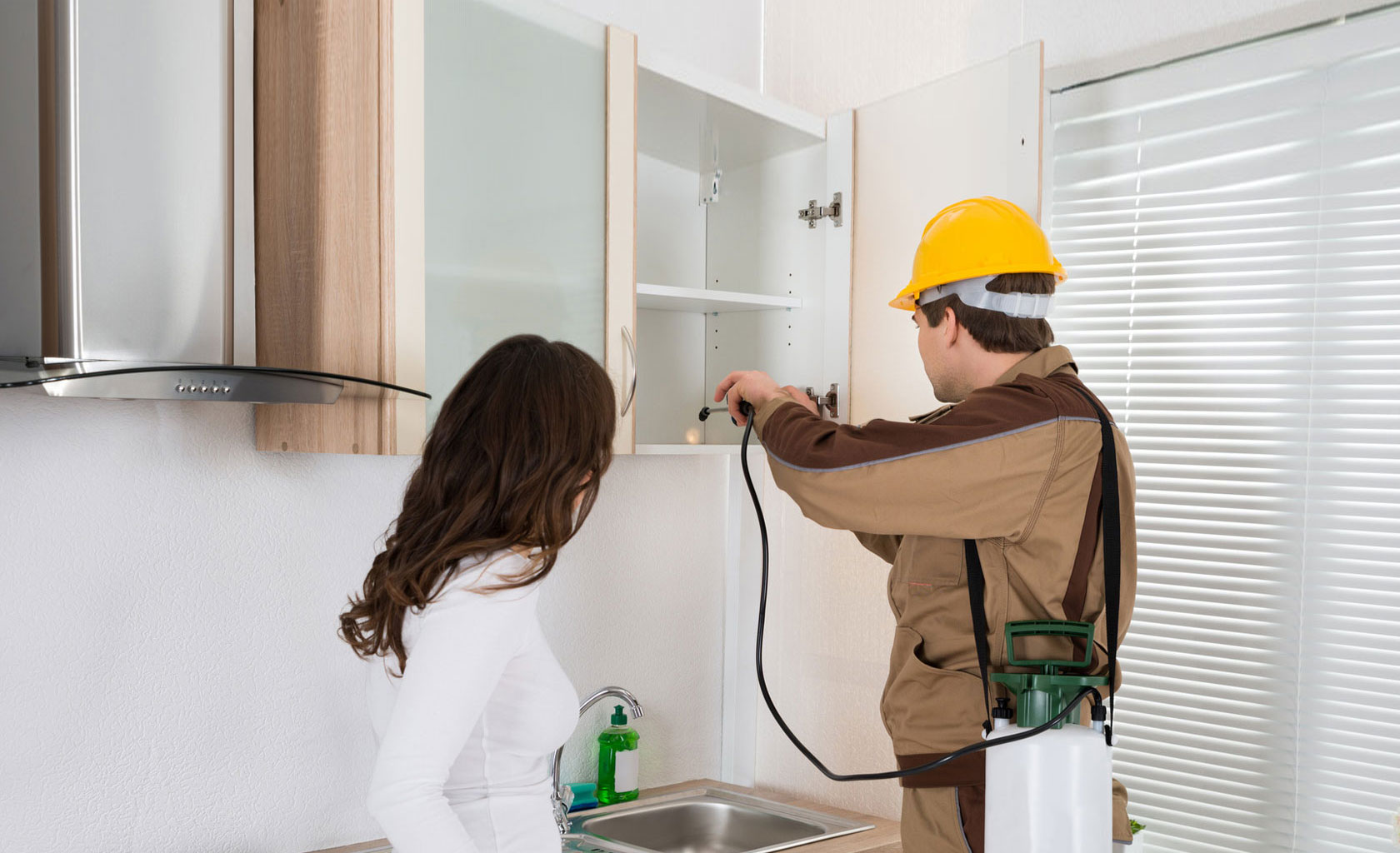There is nothing wrong with a little rain, but too much rain can be detrimental. This is especially true for a business owner who has to protect his or her building. The following are four tips that will help prevent issues.
Dealing with Repairs
The first thing you want to do is deal with any possible repairs. Ignoring repairs or overlooking issues could end up hurting your building more than you anticipated. For example, a hole or crack can lead to a leak, which is not always easily detected. Some leaks end up between the walls where they could cause electrical damage, mold, or even foundation issues if overlooked long enough.
Waterproofing a Bit
The next thing you may want to do is talk to a commercial roofer such as Melton Industries LLC to help waterproof your building. There are a lot of things a professional can do for you. For example, he or she could apply rust-protection. Rain and certain roofing materials do not mix well, which could lead to rust. After a while, this rust could jeopardize the integrity of your roof.
Water-Protecting Tools
It may be a good idea to address some of the tools you already have installed on your roof, such as the rainwater drain. This particular tool needs maintenance from time to time, especially before the rainy season. What you want to do is have the drain cleaned and inspected for cracks or other issues that could diminish its ability to protect your roof from water-related problems.
Just in Case
Now, you might have done everything you could to protect your roof, and that is a good thing, but keep in mind that you are only reducing the risk of a water-related issue. You want to protect yourself from the possibility of a problem arising. The best way you can do this is to talk to your insurance company to make sure your building is protected against problems that rain can cause. Be open-minded because insurance company representatives usually have additional tips to keep your building safe.
These are just some tips to help you avoid the kinds of problems excess rainwater could cause. Some of these tips can set you back because they could represent a considerable investment, but it is better to be safe than sorry. Hopefully, nothing happens to your building this rainy season, but at least you know what to do now.






